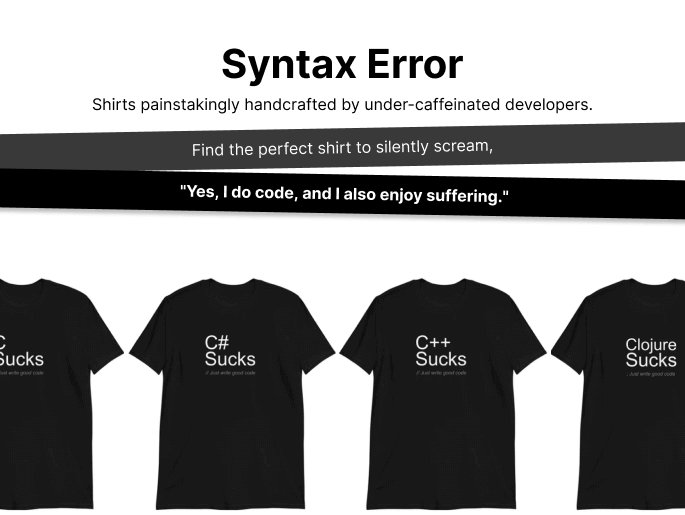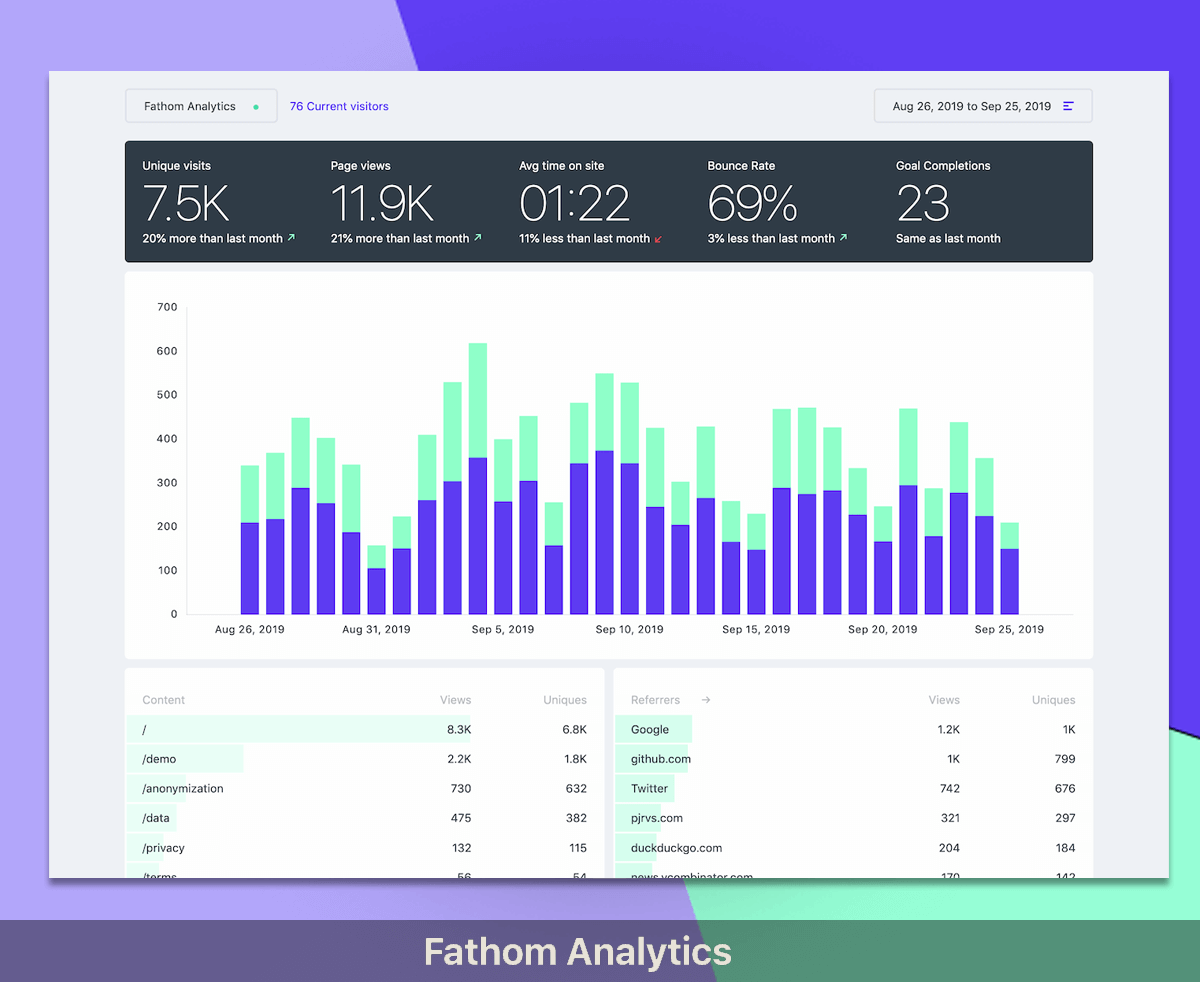Get the latest Laravel/PHP jobs, events and curated articles straight to your inbox, once a week
Source: dev.to
More Useful Laravel Tips
Using DATETIME Fields Instead of Booleans class Post extends Model { public function isPublished(): bool { return $this->published_at !== null; // is_published }} Using 'when' in PendingRequest $http = Http::withBasicAuth($username, $password); if (app()->environment('local')) { $http->withoutVerifying(); } // with when $http = Http::withBasicAuth($username, $password) ->when(app()->environment('local'), function (PendingRequest $request) { $request->withoutVerifying(); }); Using getOrPut() in Collections if (!
Our code might look like so if ($user->approved === Approval::APPROVED) { // Do something... } our model might now look like this class User extends Model { public function isApproved(): bool { return $this->approved === Approval::APPROVED; }} // now if ($user->isApproved()) { // Do something... } Changing the Key for Route Model Binding let's say that you have a route that accepts a blog post's slug Route::get('blog/{slug}', [BlogController::class, 'show']); // Model use App\Actions\PublishPost; use App\Models\Post; class BlogController extends Controller { public function show($slug) { $post = Post::where('slug', $slug)->firstOrFail(); return view('blog.show', [ 'post' => $post, ]); }} to simplify this code and clean it up, we could update the slug parameter to be post:slug instead
Our code might look like so if ($user->approved === Approval::APPROVED) { // Do something... } our model might now look like this class User extends Model { public function isApproved(): bool { return $this->approved === Approval::APPROVED; }} // now if ($user->isApproved()) { // Do something... } Changing the Key for Route Model Binding let's say that you have a route that accepts a blog post's slug Route::get('blog/{slug}', [BlogController::class, 'show']); // Model use App\Actions\PublishPost; use App\Models\Post; class BlogController extends Controller { public function show($slug) { $post = Post::where('slug', $slug)->firstOrFail(); return view('blog.show', [ 'post' => $post, ]); }} to simplify this code and clean it up, we could update the slug parameter to be post:slug instead
Newsletter

Glimpse
Glimpse streamlines Laravel development by seamlessly deploying GitHub pull requests to preview environments with the help of Laravel Forge.
Laravel/PHP Careers





